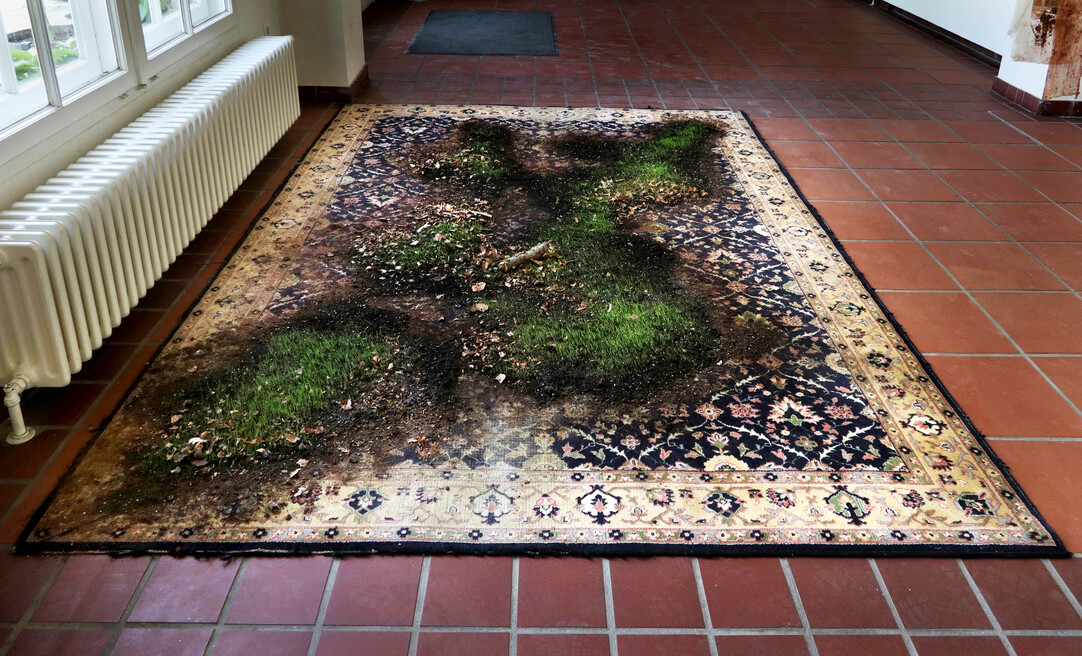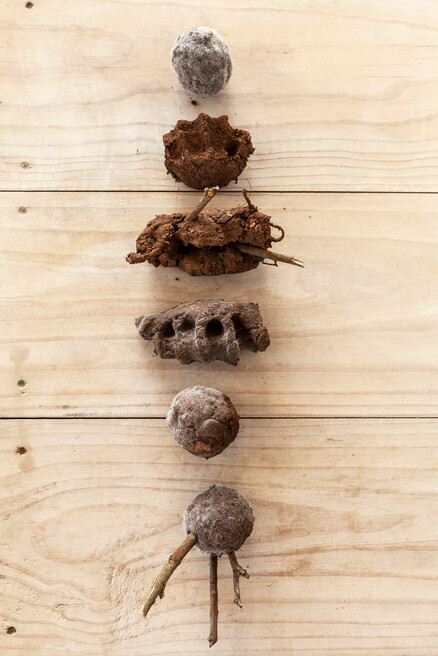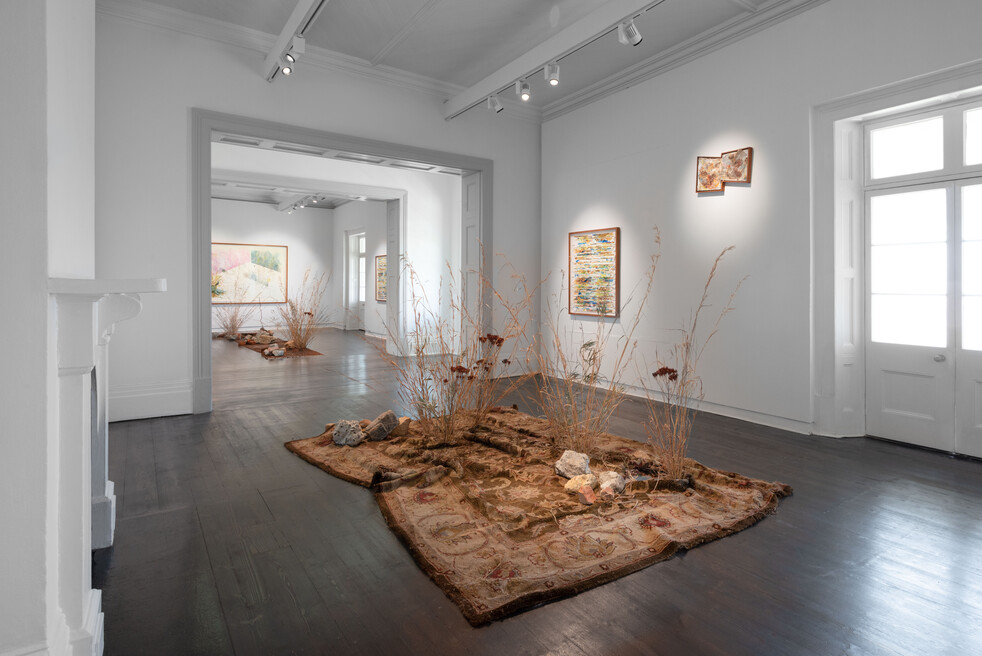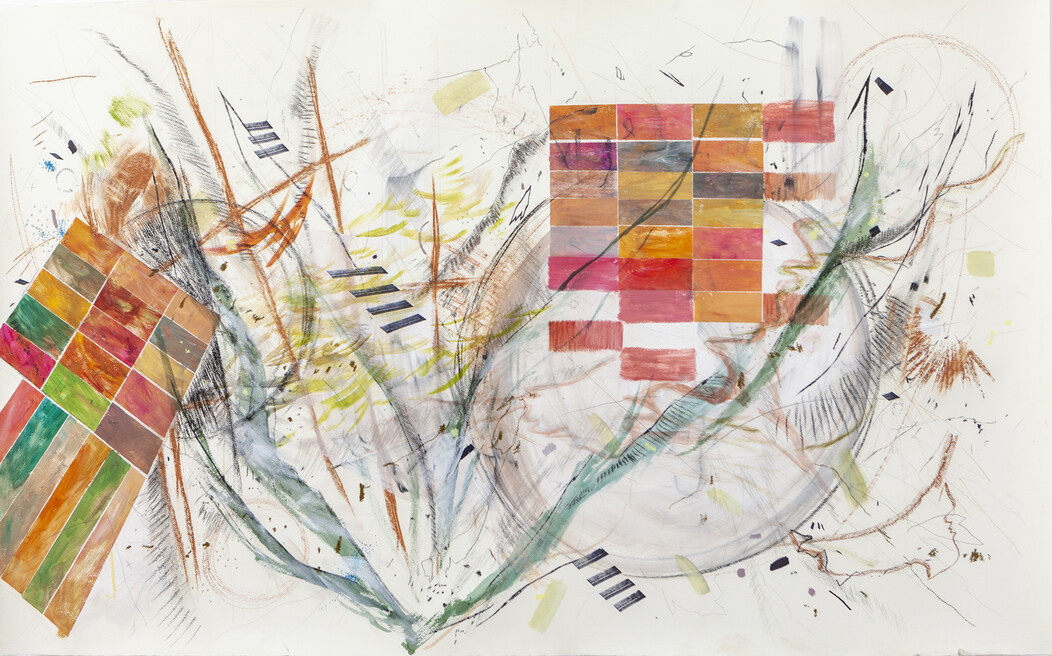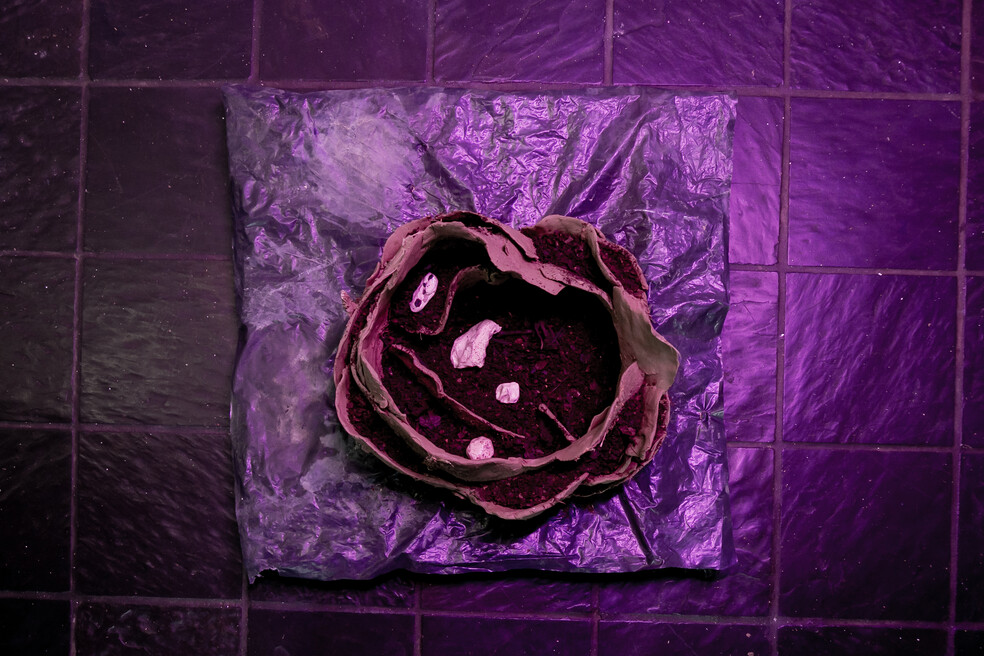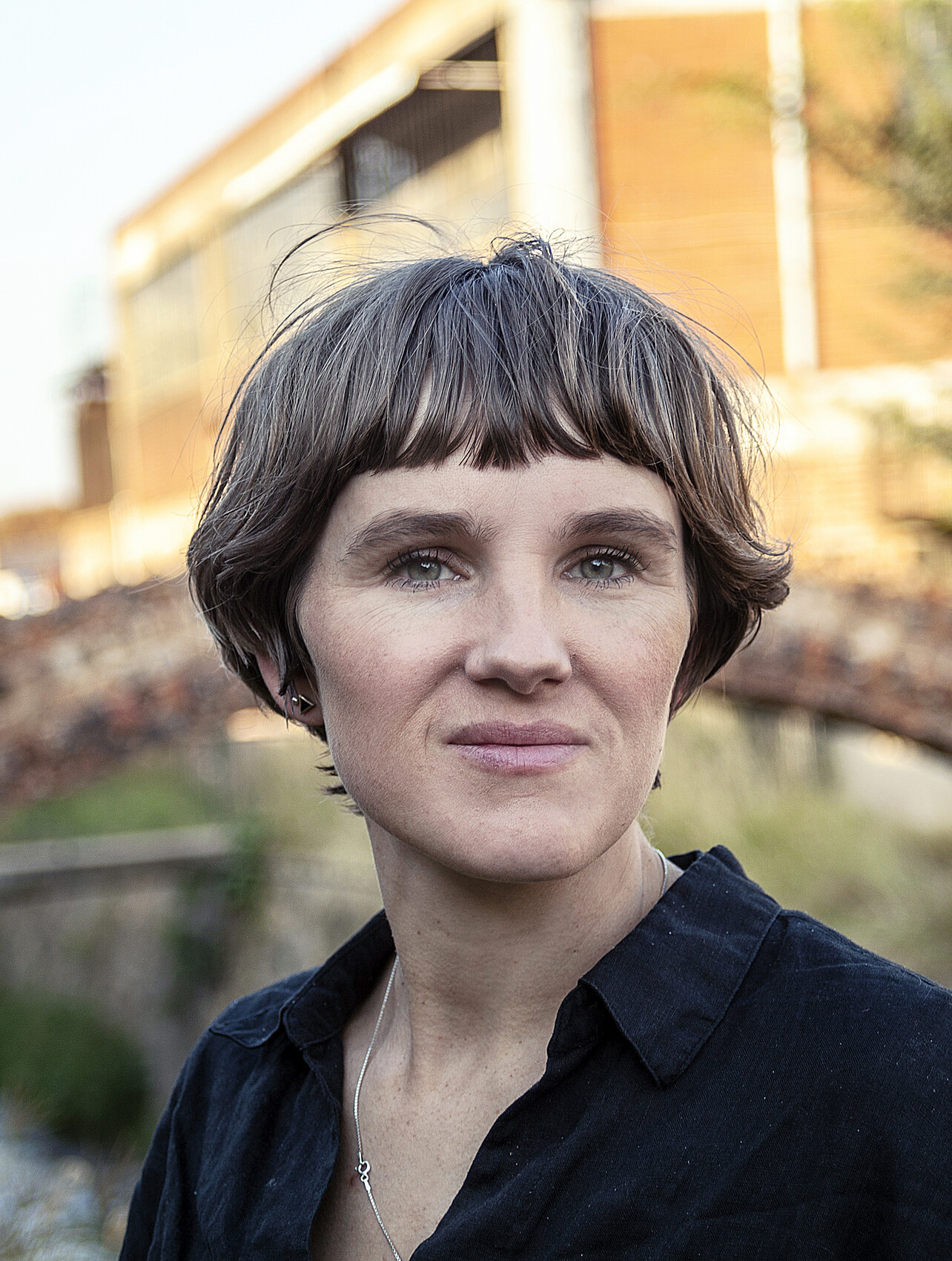Io Makandal Schiess
area: Visual Art
Key Facts
nationality
South Africaarea
Visual Artresidence
Johannesburgrecommending institution
MQ Art & Ecologytime period
November 2025 - December 2025Io Makandal, (b. 1987) is an interdisciplinary artist and researcher working with the adaptability of vital material through drawing, installation based provocations, and soil and plant based mediums, with a focus on urban ecologies and entropy in public space. Her practice is concerned with feminist and environmental embodiments of process and healing during a time of capitalist ruin and climatic shift as a way-finding towards future remains. Currently her practice is invested in the historic Jukskei River daylight point site in Johannesburg where several of her research projects are situated.
She is an associate artist and consultant to Water for The Future NGO and her work is a part of several private, public and institutional collections. Exhibitions and awards include; Motherhood Paradox Duality curated by Andrea Lewis (2025) Iziko South African National Gallery (ZA), A Feral Commons curated by Tairone Bastien (2024, ZA), Soil Conversations curated by Nisha Merit and Yolanda Kaddu (2023) Galeri im Körnerpark (DE) & JAG (ZA), Entangled Intimacies curated by Rory Thomas (2023) Goethe Institute (ZA), Social Impact Art Award (2022), What is a Weed? (2021) Leonard & Bina Ellen Gallery (CA),Arising African Perspectives (2017) LKB Gallery (DE), Bonus Space (2016) Nars Foundation (NYC).
During her residency at MQ Io Makandal will be continuing her research in edaphology and urban ecologies connecting with the river Danube. As a way of deepening our interdependent relationship to soil and water as vital material, her project will be looking at the characters of the soil within the urban riparian zones between the two geographies of the Jukskei River catchment area in Johannesburg and the Danube through Vienna, and treating the riverbank as an archive of memory and future remains for a future archaeology.
